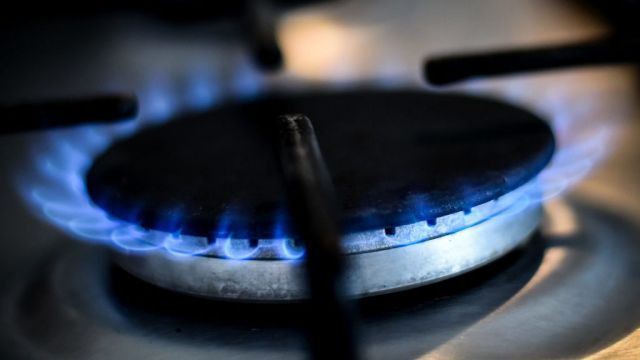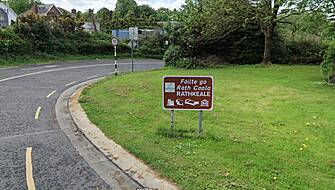Almost €60 million was paid out to struggling households in additional needs welfare payments last year, as the Government plans to “wean” people off cost-of-living measures in the coming weeks.
As the Irish Examiner reports, Government leaders are to meet in the next week to decide what supports will not be extended beyond the end of February.
The energy credit for households, a reduced 9 per cent Vat rate on electricity and gas, and a reduction in excise duty on petrol and home heating oil are some of the cost-of-living measures introduced by the Government last year that are due to terminate at the end of February, as well as the ban on energy disconnections.
Green Party leader Eamon Ryan said the Government will likely scale back financial measures on a phased basis.
“Yes, we have to unwind the measures, the exact timing of when it's done on a stage basis, or phased basis, that's more likely in that case,” he told RTÉ Radio One.
The energy credit worth €200 is likely to be extended but a cut to excise duty on petrol, diesel, and home heating oil is expected to end which will see the price increase at the pumps.
New figures from the Department of Social Protection, supplied to Labour TD Seán Sherlock, show the State paid over €58.2 million to 97,224 applicants for expenses such as energy bills, rent, and mortgage payments, clothing, child-related costs, and for financial help with illness.
This is an additional €17 million paid out in comparison to the total figure spent in 2021 on additional needs payments to people struggling with the cost of living.
The breakdown reveals the months of August, November, and December are when people across Ireland struggled the most with paying bills and everyday expenses.

The department can make additional needs payments to help meet expenses that a person cannot pay from their weekly income.
The State paid out €35.4 million alone on helping people pay their rent and meet mortgage repayments.
Over €5.7 million was spent on clothing, €6.6 million on funeral costs, €1.8 million on household bills, and over €7.5 million spent on general expenses in 2022.
“The increase in the number of payments and uptick in the amount that the Department is paying out clearly shows that the cost of living crisis is still biting,” Mr Sherlock said.







